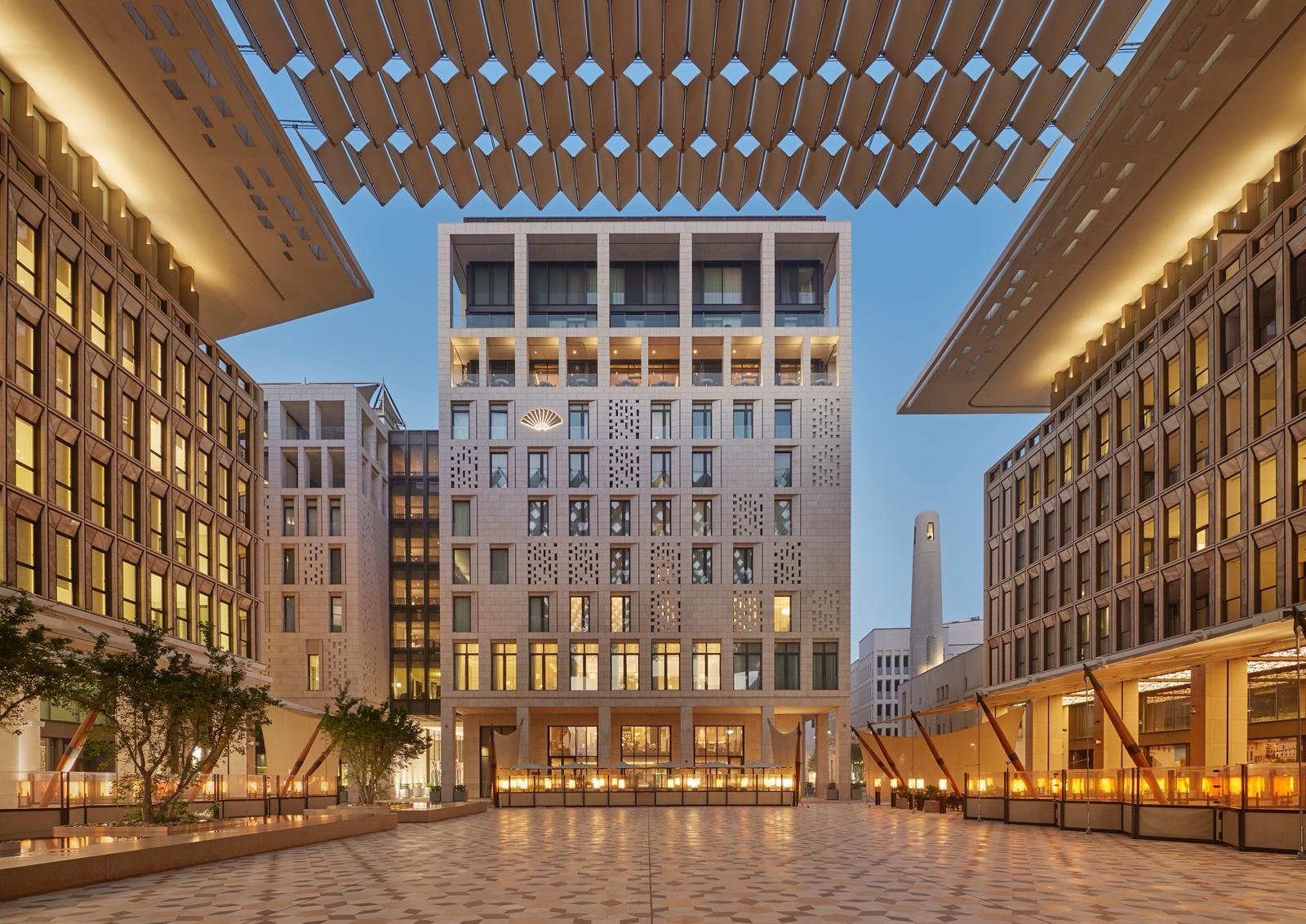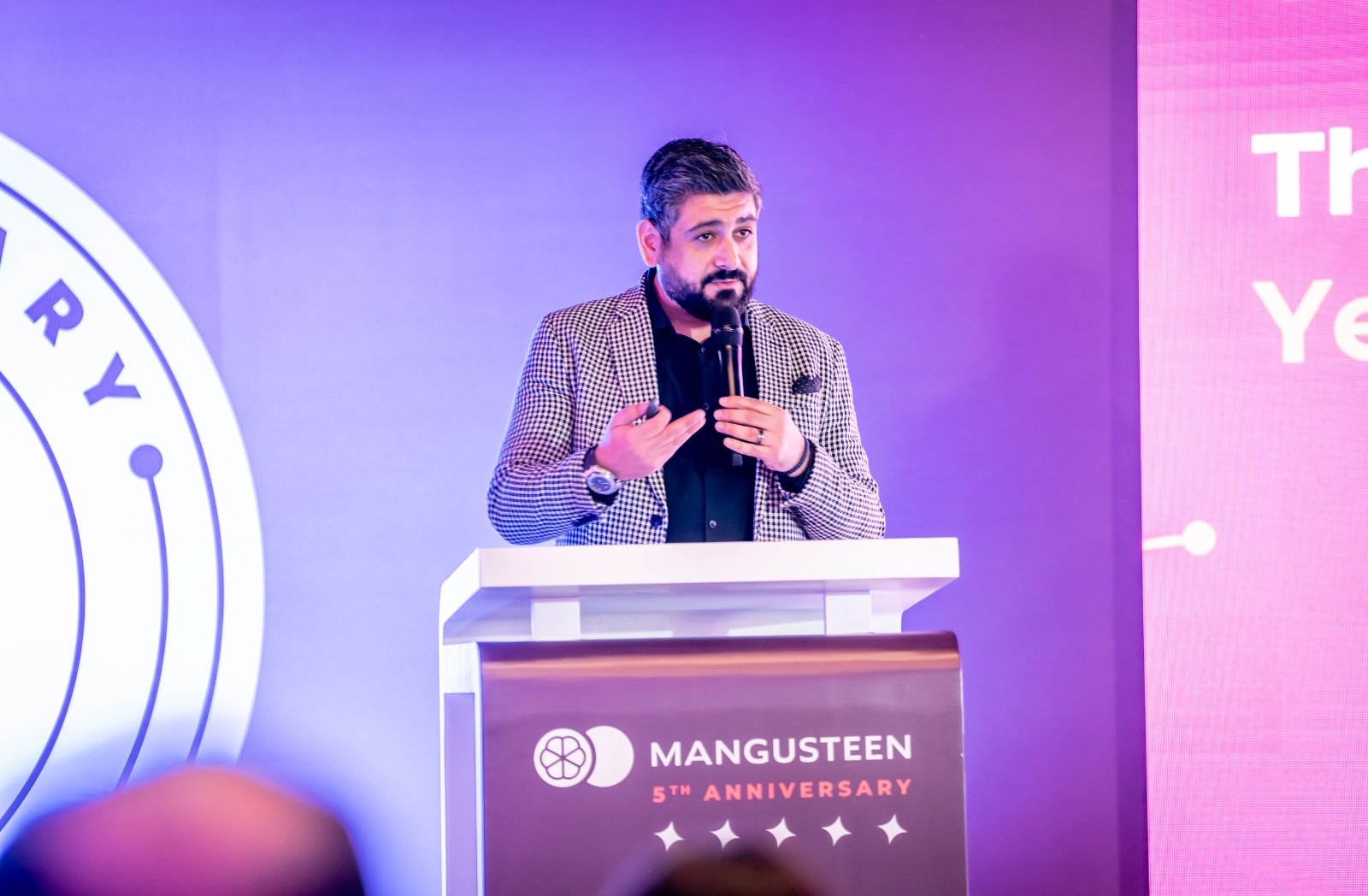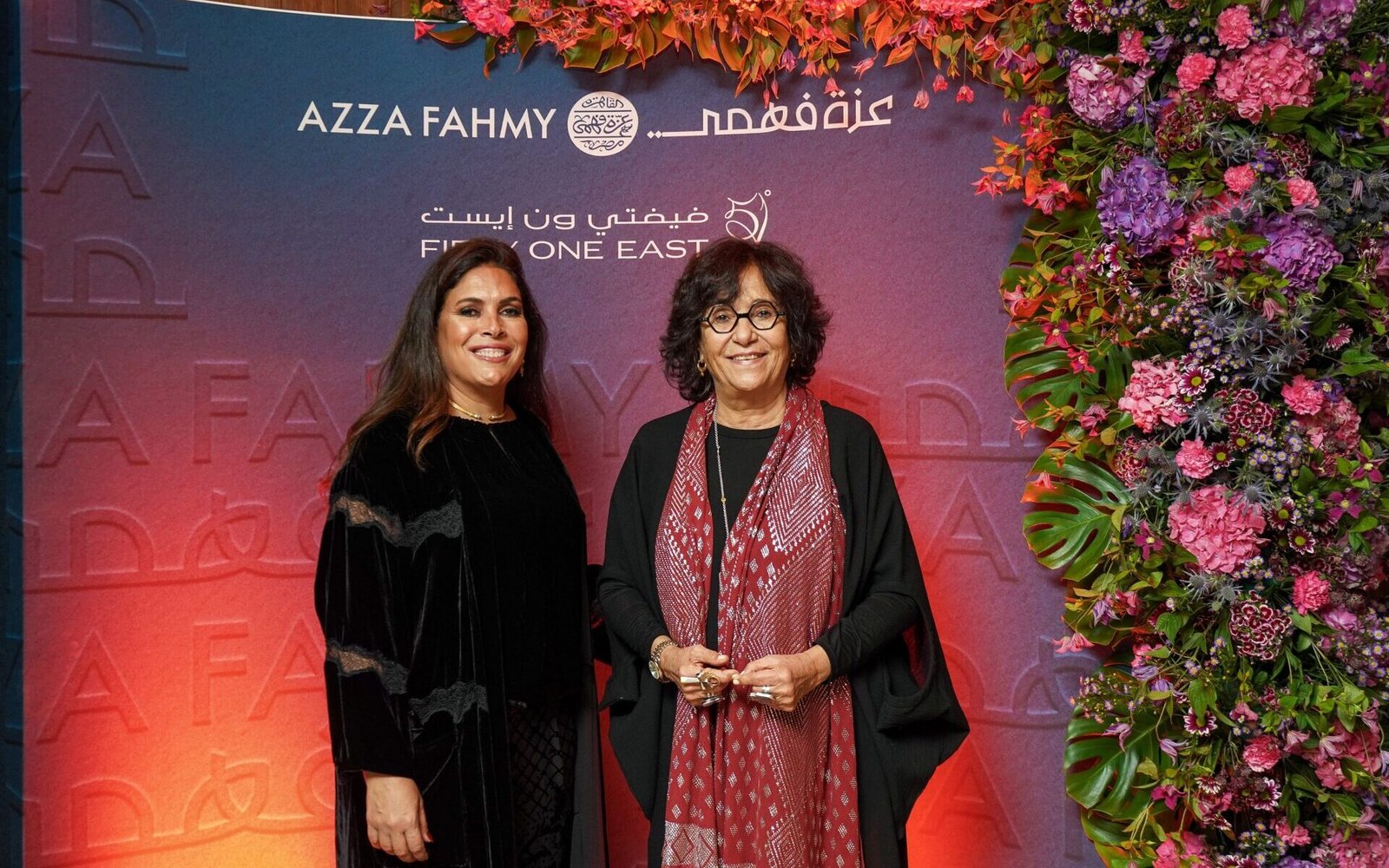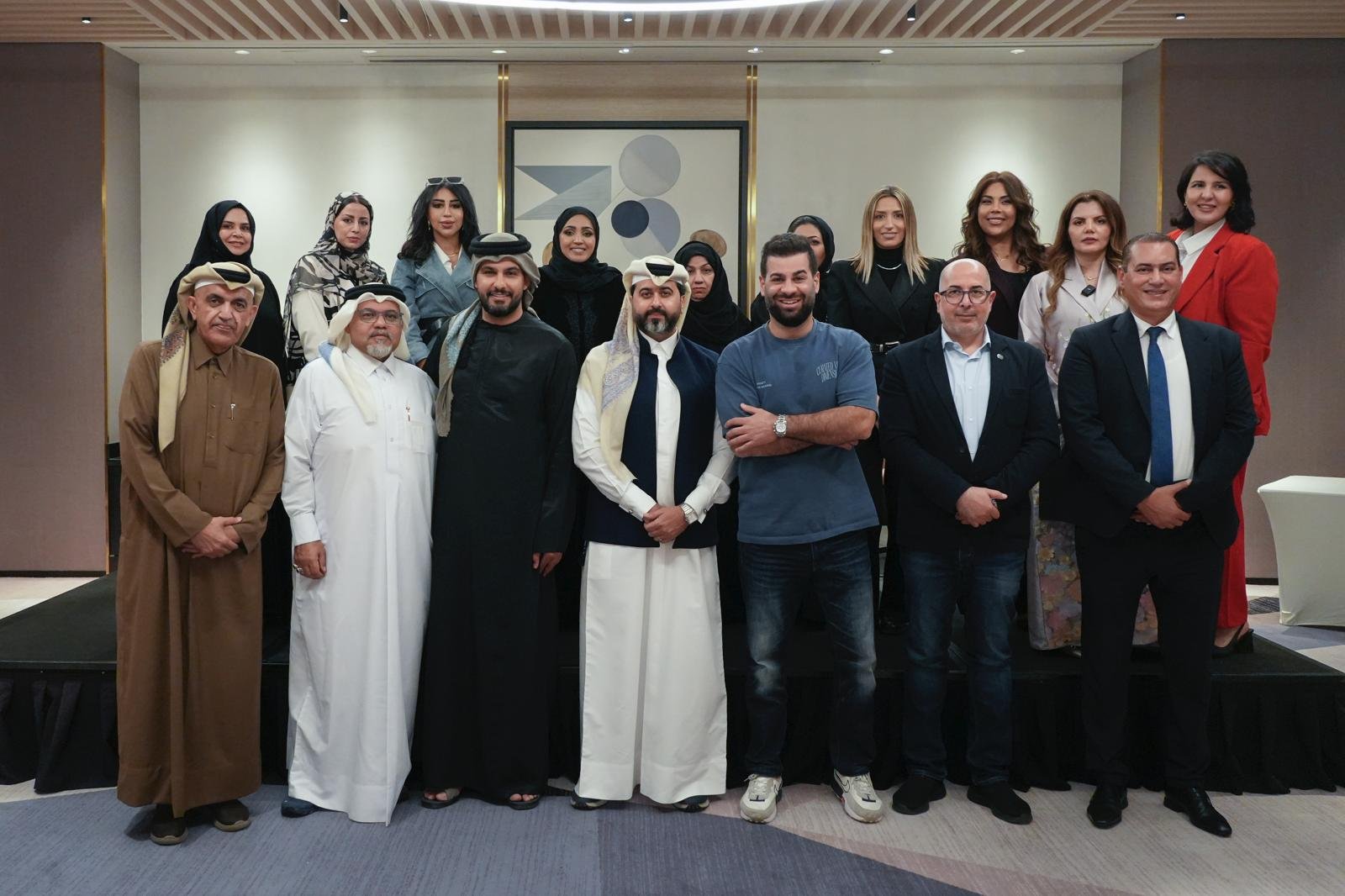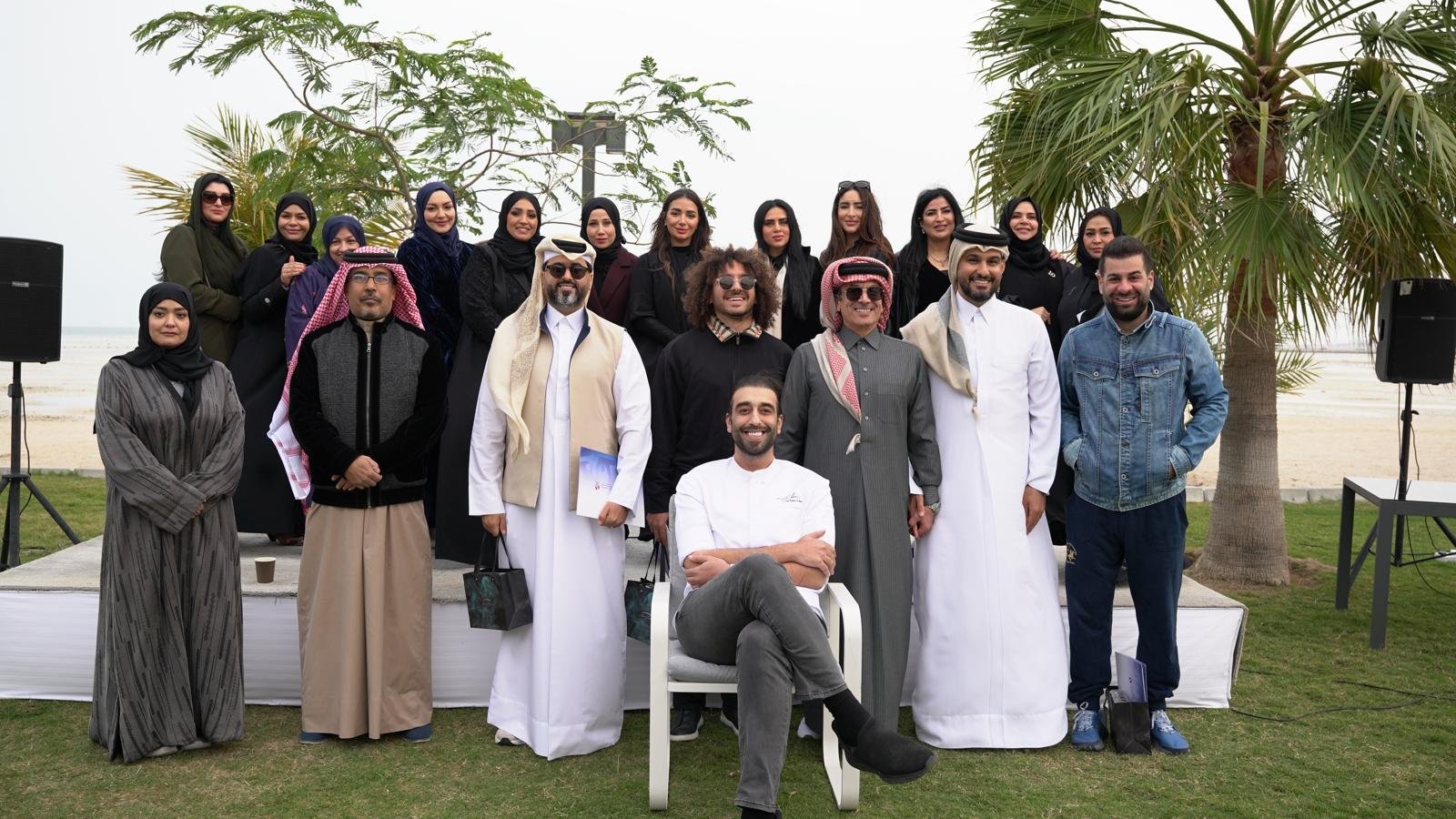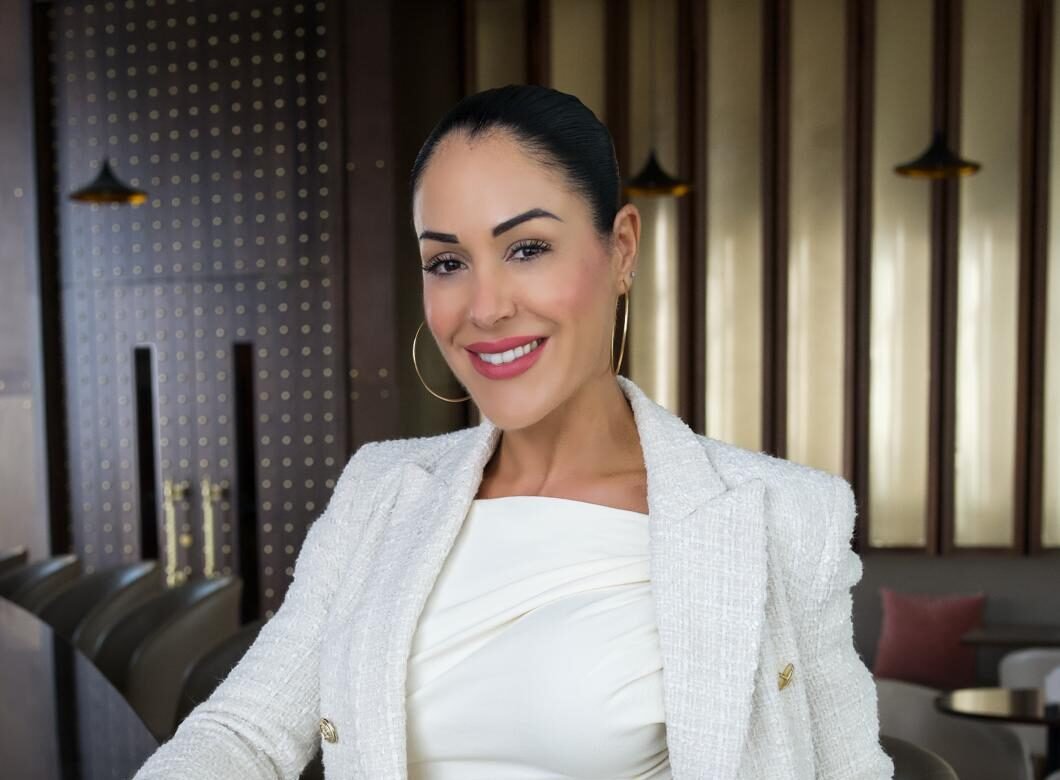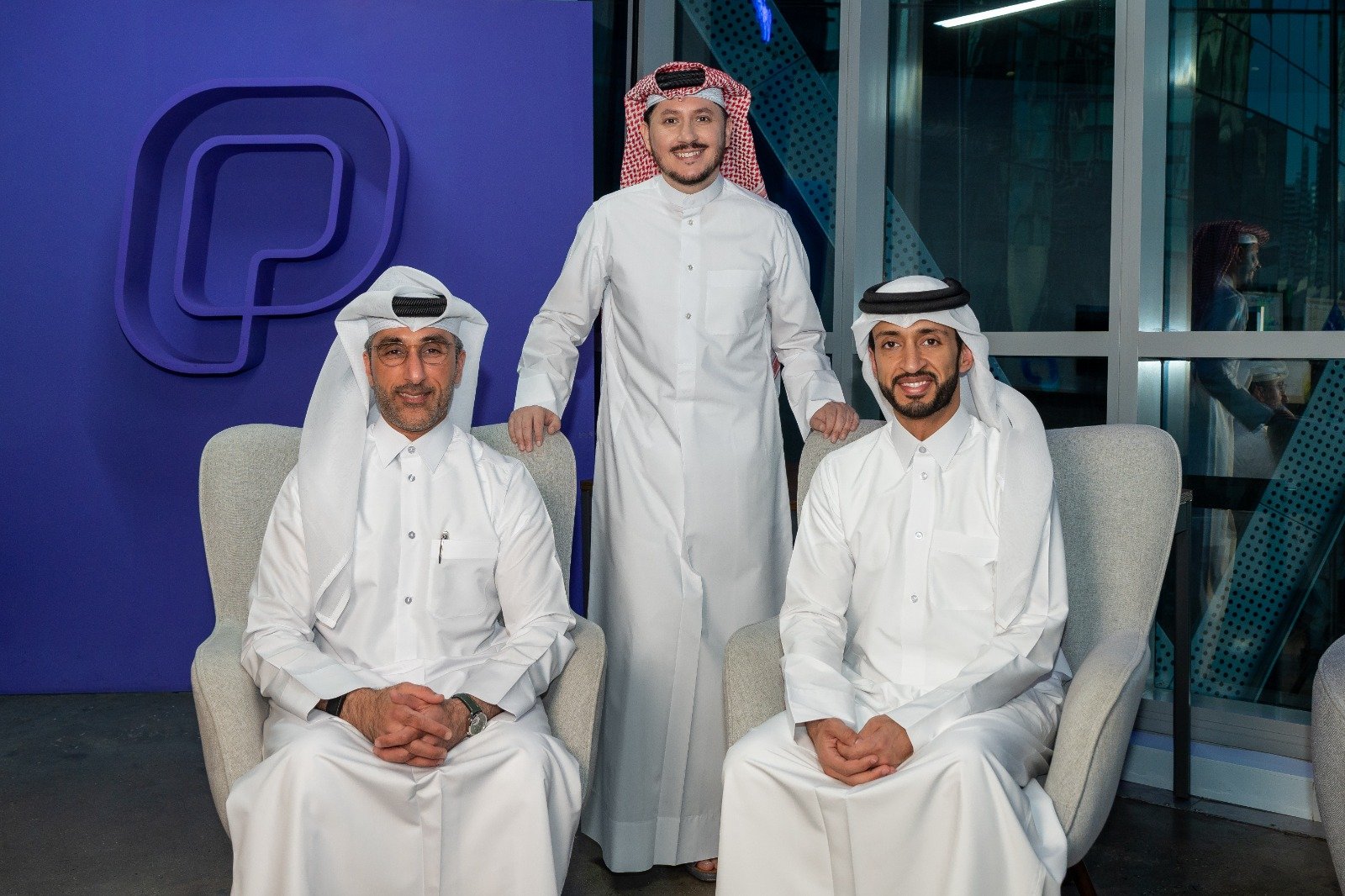Sustainable Development: Qatar’s Current Leaps and Future Challenges
In today’s world, sustainable development has become a vital part of a country’s development and economic future. Urbanization, industrialization, and globalization coupled with a rapidly increasing global population have all led to putting a tremendous amount of strain on the world’s natural resources. It is estimated that by 2050, the world will need the equivalent of three planets to provide the natural resources required to continue current lifestyles. Sustainable development tries to achieve a fine balance between today’s economic, social, and environmental progress without thwarting future generational needs.
Qatar’s National Vision 2030 (QNV 2030) aims to achieve just that. The vision is a master plan and roadmap towards making Qatar an advanced society that is ready to compete in the 21st century; environmentally, economically, and socially, while providing high standard of living levels to its citizens. This robust vision seeks to provide the private sector as well as individuals a guidelines and direction. Many companies today, include this vision in their mission statements. Furthermore, it tries to assist government-led strategies, policies, and allocation of funds towards a united goal. Finally, the vision identifies long-term plans for the country by providing a framework to which national strategies can be developed and implemented.
Qatar’s National Vision 2030 address five key challenges facing the country. Firstly, balancing modernization while preserving customs and traditions. Secondly, meeting the societal and economical needs of today without compromising future generational needs. Thirdly, managing economic growth and uncontrolled expansion. Fourthly, preserving a selected path of development and equilibrium between Qataris and the expatriate labor force. Finally, engaging in good environmental management, economic growth, and social development. The State of Qatar aspires to face these challenges and achieve these goals through four pillars: human development, social development, economic development, and, environmental development. When it comes to human development, Qatar has made immense improvements and will continue to make advances in a knowledge-based education as well as developing a world class health care system. The social development pillar reflects making social changes to advance Qatar’s society and to keep up with the demands of the future. This will also require preserving Qatar’s heritage and traditions. Today, Qatar is promoting tolerance and openness while also empowering woman. Economically, Qatar is finding a balance between its hydrocarbon resources while making significant strides in diversifying its economy in non-energy sectors. Ultimately, a knowledge-based education will yield a knowledge-based economy. Finally, environmentally, Qatar has acknowledged the importance of finding an evenness between economic growth while at the same time protecting the environment. Qatar continues to work with regional players as well as the international community to protect the environment through government environmental assessments and legislation. This remarkable integrated process and progress has resulted in Qatar being ranked 32nd in the 2015 Human Development Report.
About Shaher Ahmed Zakaria – Lusail University Qatar
Dr. Shaher holds a bachelors degree in political science from SUNY Plattsburgh, a masters degree in international affairs from the School of International Affairs at Pennsylvania State University, and a PhD in political science from Howard University. Dr. Shaher’s studies focus on political science, public policy/public administration, sustainable development, and American government. His PhD dissertation focused on whether the United States Constitution is undemocratic and dysfunctional with regards to some of its features and whether those defects can be amended. His work/writings focus on democracy, sustainable development, Senate malapportionment, the electoral college, Article V, counter-majoritarian topics found in American politics and the Constitution, and Middle Eastern affairs with a particular focus on Egypt and American-Arab diplomatic and political relations. Currently Dr. Zakaria is an assistant professor of political science at Lusail University – Qatar.







